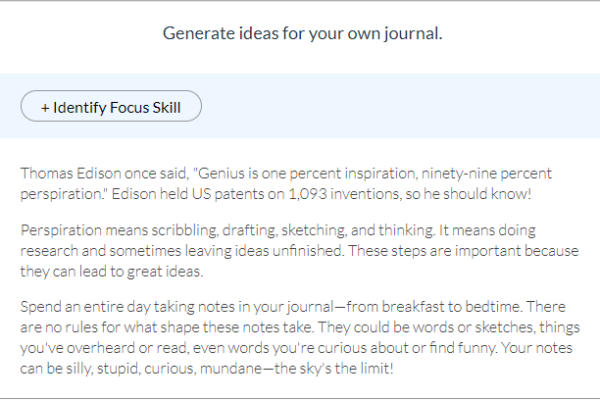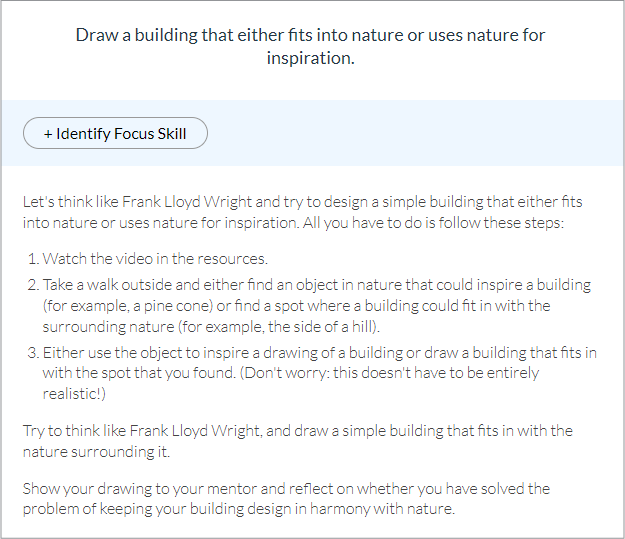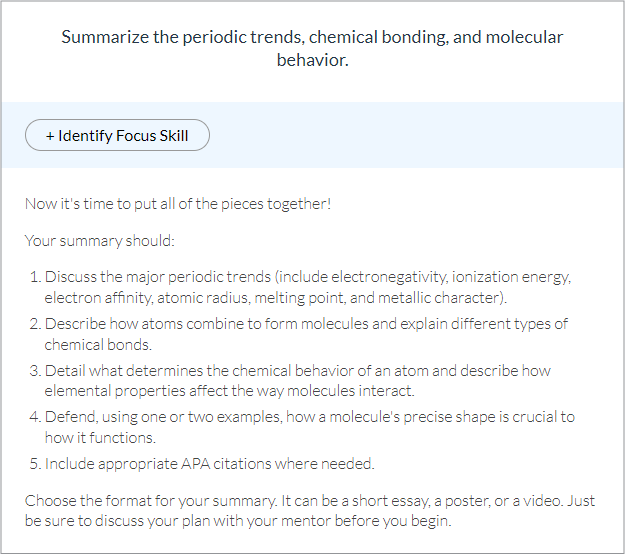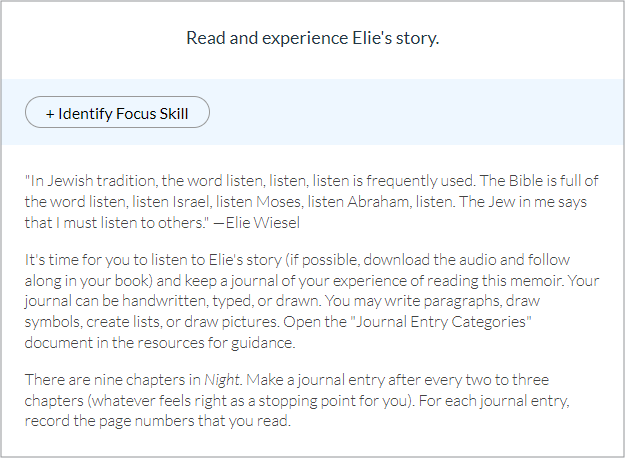Get to know the Learning Skills that help students COMMUNICATE
At last, we arrive at our final category of Learning Skills: Communicate!
Check out the first 3 if you haven’t already seen them: Explore, Analyze, and Reason.
Communicate includes the following Learning Skills:
- Collaborate: Participate in group work, and give and receive peer feedback.
- Compose: Design and produce works that connect ideas and demonstrate knowledge. Revise work to make it better.
- Share: Connect with the audience and communicate work clearly.
Take a look at examples of what these skills look like in practice!
Collaborate
It had been a long day of teaching. For my last class of the day, I had planned a small group activity. Immediately, it was clear that the students were off topic and unfocused. Two students were napping, and another pair was having a heated argument. So, I broke up the groups and asked students to work individually.
As a young teacher fresh out of graduate school, I knew that students should be collaborating. But the reality of facilitating group work in the classroom nearly drove me to tears some days.
After many attempts to support collaboration, I realized that collaborating effectively is a skill that students first need to understand, and then practice. They need modeling, structure, scaffolding, and a role and a purpose within their groups. They need practice communicating effectively and prompts for how to speak to each other appropriately.
My students rose to the challenge when given a sense of purpose, such as a specific role or task in the group to contribute to the overall group goal. They discovered skills and knowledge they didn’t know they had, or they discovered something about themselves that they didn’t realize was unique.
Check out these Lesson Planning Resources to help students learn how to be effective collaborators in any context.
Compose
People often associate composing with writing, but composing encompasses so much more. You can compose a song. A painting. A hypothesis. A story. Or a graph to show mathematical relationships.
Composing is the act of creating meaning. Through composing, students make sense of knowledge and material. They organize and structure information to show what they’ve learned. Composing is more than regurgitating information. My students needed activities that empowered them to make their own artistic choices and create at all stages of learning (not just to show what they know at the end of a unit!).
Students compose in various ways, including:
- Connecting ideas or works in an organized way to demonstrate understanding. (e.g. research paper, lab report, problem set, etc.)
- Keeping detailed, organized, and accurate records of data and observations through visuals.
Here are a few examples from quests in OE’s quest-based curriculum.




Share
“You’ll be sharing this with the class!” Most of my students would groan when they heard this phrase. They were nervous. They either didn’t want to embarrass themselves in front of their peers, or they felt their work wasn’t “good enough.”
Whatever emotions sharing elicits, as a teacher I understood that sharing helps students connect ideas and expand their knowledge and skills. As I grew in my pedagogical practice, I learned that sharing shouldn’t just happen at the end of a project or through a high stakes presentation in front of the class (little is retained, and students are often too nervous about their own presentation to pay attention to others!).
As I helped students consider how and when to share work appropriately, I saw that students benefited from sharing their work as they worked – not just the final product. Sharing during all steps of the process empowered students to innovate and take risks and consider ideas they may not have considered before.
Students can share in various ways, including:
- Choosing an appropriate medium and venue for sharing work.
- Discussing ideas and topics for a project in a brainstorming session.
- Using visual or written representations to present findings.
- Asking for peer feedback and then creating multiple drafts of a work. Check out these resources to support students with peer feedback activities.
Giving and Receiving Peer Feedback
Interested in learning more or collaborating with our team to level-up the way you incorporate skills? Contact us at professionallearning@opportunityeducation.org.

